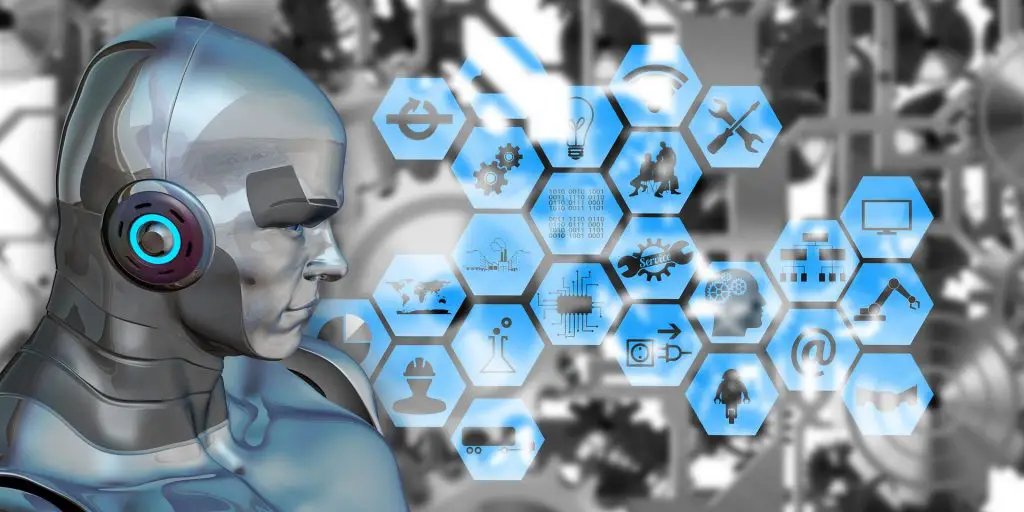The field of biological computing has made significant progress thanks to the recent creating a DNA-based computercapable of solving logic problems such as chess and sudoku. This innovative device, described in a study published in Nature Nanotechnology, exploits the unique capabilities of DNA molecules, opening new frontiers in the way we think about computing and storing information. Unlike traditional silicon computers, this biological computer can store data at incredible densities, reaching up to 1,000 terabytes per cubic centimeter, thus demonstrating the extraordinary storage capacity of genetic sequences.
Computer capable of playing chess and sudoku
One of the main challenges in DNA computing has always been the fragility of the stored data. During the processing, in fact, the files themselves were often destroyed. The researchers addressed this difficulty by using an enzyme to transcribe DNA into RNA.generating a copy of the data that allows you to use it without compromising the original. Thanks to this innovation, scientists were able to solve simplified versions of chess and sudoku on a 3×3 grid, revealing the potential of DNA as a new computing medium and allowing processing times to be cut exponentially.
Furthermore, the capacity of the computer of DNA to maintain and access data without loss of information is a crucial advantage. The researchers demonstrated that the system can maintain JPEG images, accessing the files repeatedly without compromising the integrity of the information. This long-term stability property seals the importance of this device not only for computation but also for advanced digital storage. The ability to manage and retrieve data securely opens up new possibilities for practical applications, from large-data storage systems to biomechanics and beyond.

Upcoming inventions on this subject
Finally, while the researchers continue to refine the capabilities of this biological computer, they are also working on systems that will mimic the cognitive functions of the human brain. The idea of building a PC that simulates the functioning of the brain represents a fundamental challenge in the field of artificial intelligence and offers intriguing ideas for possible future developments. In short, the DNA computer represents not just a technological advance, but a paradigm shift in the way we interact with data and think about computation, hinting at a future full of possibilities and innovation.
#Computer #DNA #Revolution #Science
